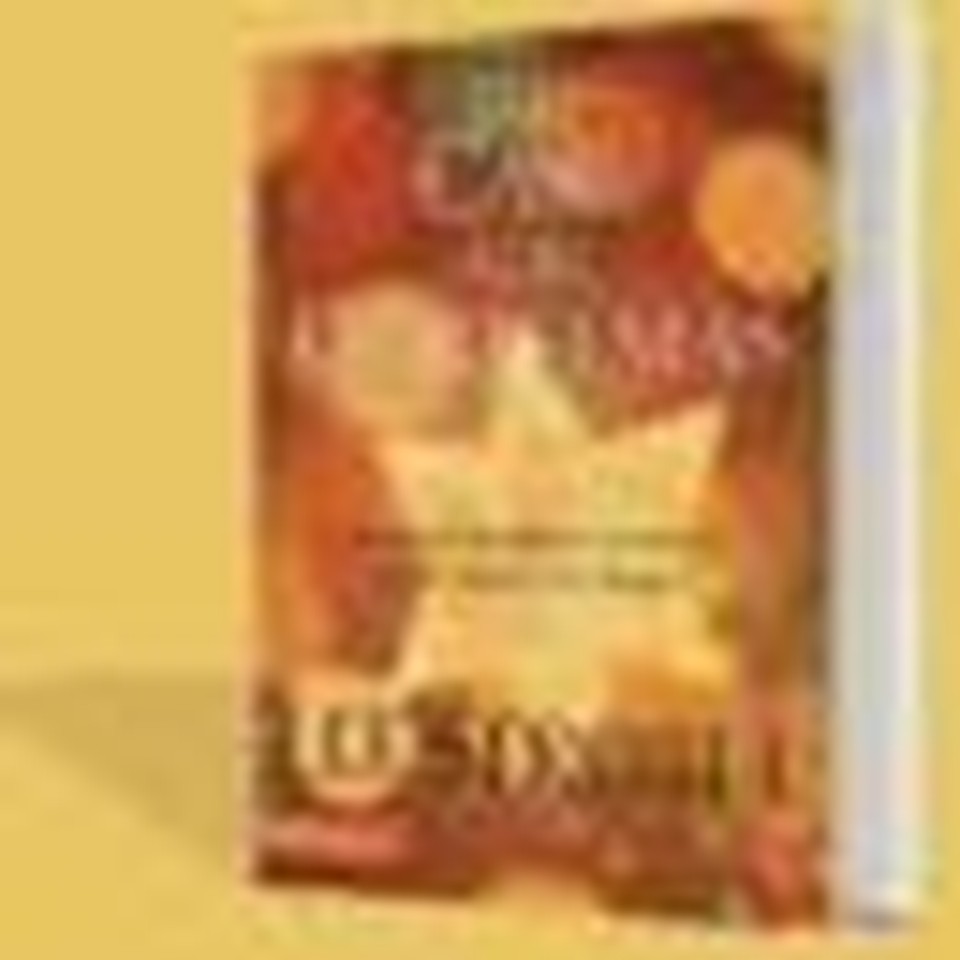Making the Case for Christmas

Against the backdrop of a Christmas season encrusted with self-centeredness and materialism, churches have a tremendous opportunity to crack open the hearts of people in their community through humble acts of generosity and sacrifice that truly reflect the attitudes of Jesus.
These countercultural expressions of giving and caring can capture the attention of even the most cynical skeptics, as I personally found out when I was an atheist and working as a reporter at The Chicago Tribune.
More than 30 years later, I still remember the simple but profound Christmas lesson I received from a poverty-wracked family living on the hardscrabble West Side of Chicago.
As I describe in my new book, The Case for Christmas, the Tribune newsroom was eerily quiet on the day before Christmas. As I sat at my desk with little to do, my mind kept wandering back to a family I had encountered a month earlier while I was working on a series of articles about Chicago’s neediest people.
The Delgados – sixty-year-old Perfecta and her granddaughters Lydia and Jenny – had been burned out of their roach-infested tenement and were now living in a tiny two-room apartment. As I walked in, I couldn’t believe how empty it was. There was no furniture, no rugs, nothing on the walls – only a small kitchen table and one handful of rice. That’s it. They were virtually devoid of possessions.
In fact, eleven-year-old Lydia and thirteen-year-old Jenny owned only one short-sleeved dress each, plus one thin, gray sweater between them. When they walked the half-mile to school through the biting cold, Lydia would wear the sweater for part of the distance and then hand it to her shivering sister, who would wear it the rest of the way.
But despite their poverty and the painful arthritis that kept Perfecta from working, she still talked confidently about her faith in Jesus. She was convinced he had not abandoned them. I never sensed despair or self-pity in her home; instead, there was a gentle feeling of hope and peace.
I wrote an article about the Delgados, and then I quickly moved on to more exciting assignments. But as I sat at my desk on Christmas Eve, I continued to wrestle with the irony of the situation: here was a family that had nothing but faith and yet seemed happy, while I had everything I needed materially but lacked faith – and inside I felt as empty and barren as their apartment.
I walked over to the city desk to sign out a car. It was a slow news day, with nothing of consequence going on. My boss could call me if something were to happen. In the meantime, I decided to drive over to West Homer Street and see how the Delgados were doing.
Article Page Break Here
What Jesus Would Do
When Jenny opened the door, I couldn’t believe my eyes. Tribune readers had responded to my article by showering the Delgados with a treasure trove of gifts – roomfuls of furniture, appliances, and rugs; a lavish Christmas tree with piles of wrapped presents underneath; carton upon bulging carton of food; and a dazzling selection of clothing, including dozens of warm winter coats, scarves, and gloves. On top of that, they donated thousands of dollars in cash.
But as surprised as I was by this outpouring, I was even more astonished by what my visit was interrupting: Perfecta and her granddaughters were getting ready to give away much of their newfound wealth. When I asked Perfecta why, she replied in halting English: “Our neighbors are still in need. We cannot have plenty while they have nothing. This is what Jesus would want us to do.”
That blew me away! If I had been in their position at that time in my life, I would have been hoarding everything. I asked Perfecta what she thought about the generosity of the people who had sent all of these goodies, and again her response amazed me.
“This is wonderful; this is very good,” she said, gesturing toward the largess. “We did nothing to deserve this – it’s a gift from God. But,” she added, “it is not his greatest gift. No, we celebrate that tomorrow. That is Jesus.”
To her, this child in the manger was the undeserved gift that meant everything – more than material possessions, more than comfort, more than security. And at that moment, something inside of me wanted desperately to know this Jesus – because, in a sense, I saw him in Perfecta and her granddaughters.
They had peace despite poverty, while I had anxiety despite plenty; they knew the joy of generosity, while I only knew the loneliness of ambition; they looked heavenward for hope, while I only looked out for myself; they experienced the wonder of the spiritual while I was shackled to the shallowness of the material – and something made me long for what they had.
Or, more accurately, for the One they knew.
I was pondering this as I drove back toward Tribune Tower a short time later. Suddenly, though, my thoughts were interrupted by the crackle of the car’s two-way radio. It was my boss, sending me out on another assignment. Jarred back to reality, I let the emotions I felt in the Delgado apartment dissipate. And that, I figured at the time, was probably a good thing.
As I would caution myself whenever the Delgados would come to mind from time to time over the ensuing years, I’m not the sort of person who’s driven by feelings. As a journalist, I was far more interested in facts, evidence, data, and concrete reality. Virgins don’t get pregnant; there is no God who became a baby; and Christmas is little more than an annual orgy of consumption driven by the greed of corporate America.
Or so I thought.
Article Page Break Here
My subsequent investigation into the historical evidence for Christianity did end up persuading me that the baby in the manger really was the unique Son of God. I tell the story of the Delgados, and the facts that convinced me Christianity is true, in The Case for Christmas. Yet as the Delgados demonstrated, Christmas is more than a compilation of information.
That’s why when churches tell me that they’re giving away free copies of my book to visitors this Christmas season, or encouraging their congregation to give the book to friends and family members, I remind them to make this more than an isolated gift.
If the book is accompanied by a spirit of authentic caring and humble serving, it becomes a much more powerful apologetic for the faith. If the book is shared amidst compassionate words of genuine love and concern, the evidence it contains is amplified in its impact.
The Delgados amazed me by the way they sacrificially reached out to their neighbors with a tangible expression of Christ’s love. What an opportunity for all of us to follow their cue this Christmas season – and to watch as God cracks open the hearts of even the most hard-hearted cynics.
This article by Lee Strobel is based on a story from Strobel’s The Case for Christmas (Zondervan, 2005) which is available in bookstores now. Visit www.caseforchristmas.com for more about Lee Strobel and his latest book.

Originally published December 18, 2007.




